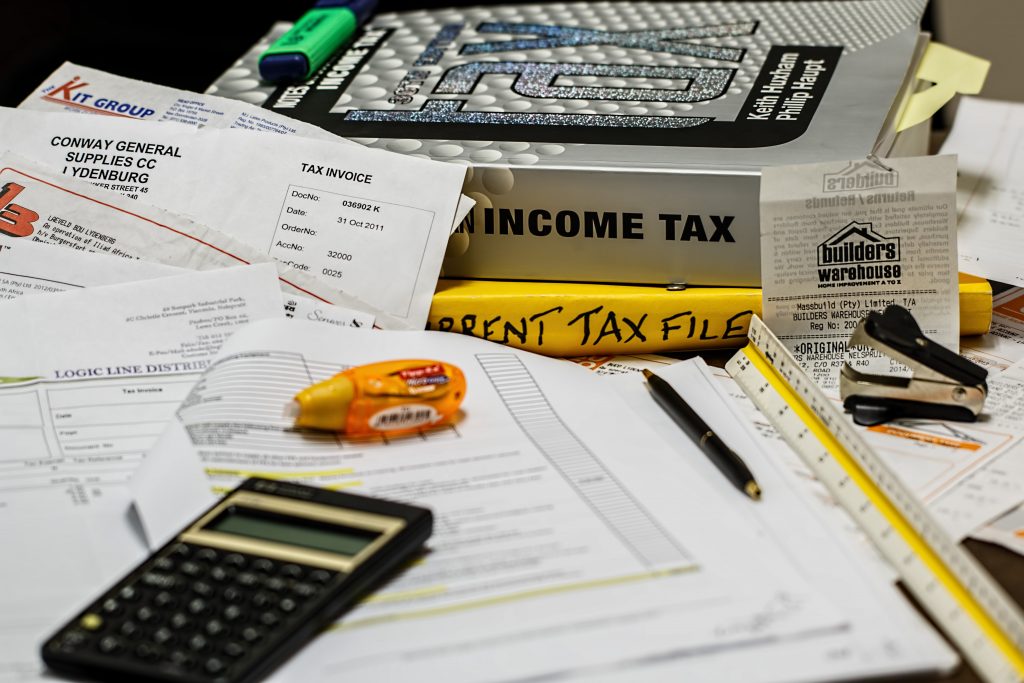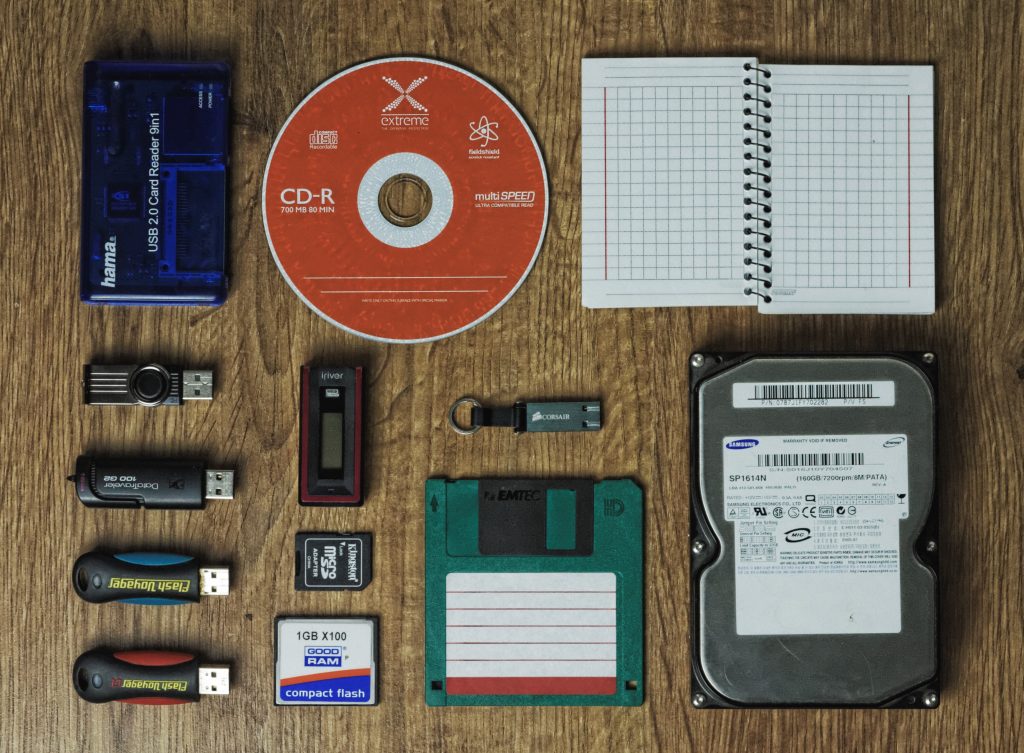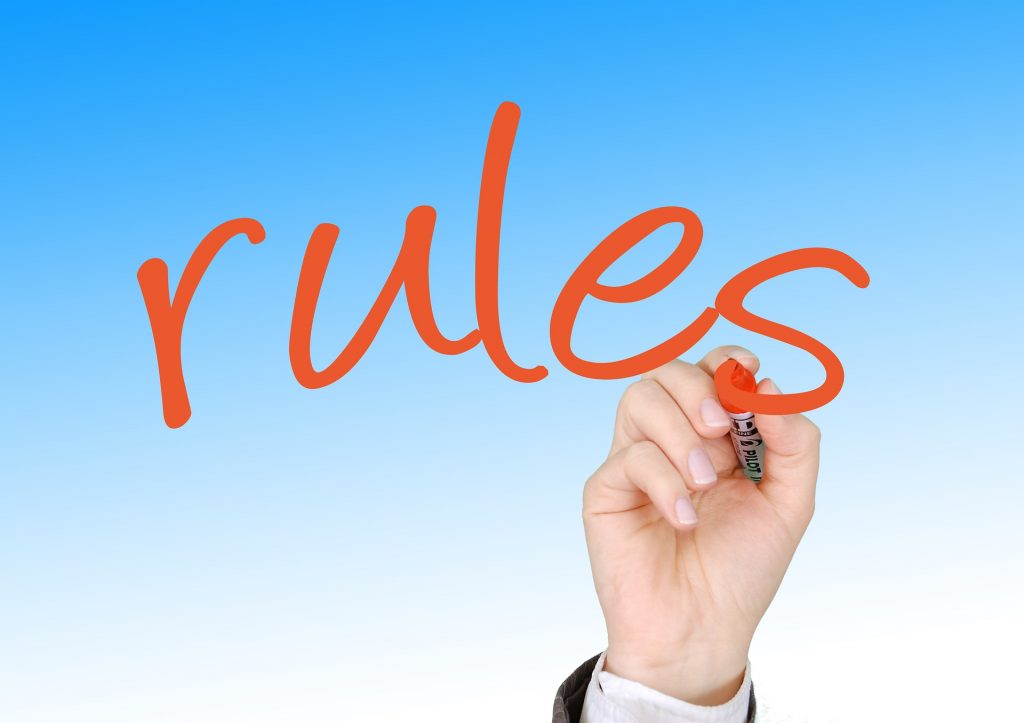By Leon McKenzie, CEO, US Probate Leads
How would you feel if you had to watch as your hard-earned wealth goes up in flames because you failed to make sure that your finances were in order?

The word horrible comes to mind.
Statistics show that about 49% of small businesses will not be able to survive for 5 years or more. So, if this is a fate that you want to avoid as a real estate investor, your bookkeeping must be in order.
And while you have the option of hiring a bookkeeper to sort out your business finances, you still need to take an active role in managing them. You could start by identifying the common mistakes small businesses make and do everything you can to avoid or rectify them.
So, what are these mistakes? And how should you go about addressing them?
1. Using a Personal Account for Business Transactions
A personal bank account is for personal financial transactions. This is the account that allows you to pay your personal expenses and keep your savings. But many small business owners, which include those in the real estate, tend to use personal bank accounts for business transactions.
This is a big no-no.

At no point in time should you do such a thing. How are you going to trace what is coming in from your business? And how will you be able to separate your personal and business transactions?
Mixing things up in this manner is a recipe for trouble. Sooner or later, the IRS may require you to account for all monies coming into your real estate business, and you will be unable to meet their requirements – at least not without some expensive accounting help.
If you are currently running your business and personal life from one bank account, you need to do something to change that. Opening a business account takes a short time but will save you a lot of grief in the long term.
2. Paying For Business Transactions Using Personal Debit and Credit Cards
Are you one of those real estate investors that use your personal debt and credit cards to pay for business transactions?

You need to stop.
Doing this is just as bad as using a personal bank account to run your business operations. It’s going to be very difficult for you to keep track of your personal and business expenditures. You will need to spend more time and effort to find out what belongs where, which you may not be able to do.
So, what should you do?
It’s really simple: get separate debit and credit cards for your businesses. And if you are not in a position to do so, then dedicate one debit or credit card to business transactions for easy accounting. Doing so helps you build creditworthiness not just on a personal level, but on a business level as well.
3. Poor Record Keeping
Are you one of those people who assume that when the time comes to do your taxes you will remember it all?
How is that working out for you?
Poor record keeping is a serious issue for some real estate investors. You may fail to keep receipts of the building or renovation materials that you use. You may also fail to keep a record of your debts or payments to freelance professionals that you hire. Categorizing employees or expenses wrongly may also be an issue. Regardless of what the problem is, poor record keeping will come back to haunt you in the very near future – when the taxes come calling.

The first thing to do is write down everything you spend in the way of business transactions. Use a business credit or debit card to pay off your expenses because it makes everything much easier to track. Be sure to ask for a receipt – always. Then make sure that you have categorized your business transactions and employee-related expenses correctly. In addition, keep a very close eye on what is coming in and going out of your business accounts. Be sure to keep a record of your business activities going back a few years, just in case.
It may seem like a nuisance to keep good records, but when you need to account for your money to IRS or potential business buyers, you will thank yourself for doing so. Not only will you be able to stay out of trouble, but you will also be able to stay on top of reimbursable expenses that will help keep more money in your pocket.
4. Not Reconciling Your Bank And Credit Accounts
If you have a good record of your business transactions but do not reconcile your bank and credit accounts, then there is no difference between you and hoarders who buys things that they do not use.
What’s the point?
Those receipts and statements you keep should be used to reconcile your credit and bank accounts. It is the only way for you to get a clear picture of your real estate business in terms of what you owe and how much you really own as equity and cash.
So take time every week or month to balance the books. Don’t procrastinate until it is too late to save your business.
5. Setting Little Money Aside For Taxes And Other Bills

Are you setting very little money for taxes?
That’s probably the reason you get penalized often.
How about a steady cash flow: are you always short of cash to run your business?
If you run a real estate business, then you are self-employed. That means that you are responsible for setting aside enough money aside to pay your taxes and any other financial emergencies that crop up. We are talking about Social Security, Medicare, and retirement savings for the future.
Your poor cash flow on the other hand, could be attributed to poor accounting or the fact that you are overextending yourself financially. If you are spending most of your business revenues on expanding your business without keeping a financial emergency fund for the business, then between your regular business expenses and debts, you will have little money for emergencies – hence the poor cash flow.
So take stock of your finances, and leverage debt to help you expand that real estate business without compromising your ability to pay taxes or keep the business in operation.
Cash is still king.
6. Not Backing Up Data
After all the effort you have gone into to digitize your business and learn how everything works, you are currently sitting tight and have no care in the world.

This is a dangerous mindset to have.
Digitization of business data makes taking care of your real estate investments much easier. But what happens when your systems are hacked or your servers fail?
You will need to resort to your backups, of course.
So, the question is: do you back up data? How often do you do it?
What are you waiting for?
You need to back up your data digitally and manually. You can back up your real estate business data in the cloud or a second business server. You should also keep your paper records as a backup just in case your entire digital system fails completely.
You can set up your digital system to back up data automatically after a set period. That, in addition to keeping a paper record of your business transactions, will be helpful should your business ever need an audit or should your systems fail.
7. Trying To Do It All
Nobody understands your real estate business better than you do. You have put blood, sweat, and tears into running it and making it a success. For that reason, you are having a hard time ceding the control of your business to someone else. So you try to do it all. And you are failing- miserably.
“Pride comes before a fall.” How often have you heard that statement?
Is it more important for you to be in control or to be successful?
Well then, it is time for you to try to keep up with every aspect of your business. While it is wise for you to keep up with your business finances, it does not hurt to hire a bookkeeper to help you out. Not everyone has a head for numbers, and it is okay to hire those that do.
And when you do hire a bookkeeper to help you with your business finances, supervise but do not micromanage. Take the time to discuss what you want that professional to do, and then provide him or her with the chance to do the assigned job properly.
Business bookkeeping is part and parcel of running a real estate business. In order for you to make money, what comes in must be more than what goes out. And in order to make good profits, you have to understand what goes on in your business, right? So, it all comes a full circle. What this implies is that you must know what goes on in your business on the financial front. Be sure to hire a professional bookkeeper to help you out if you cannot manage your business finances. But even as you do, make work easier on yourself by avoiding the common bookkeeping mistakes that business owners tend to make. It will make your business operations much more efficient and profitable.

















